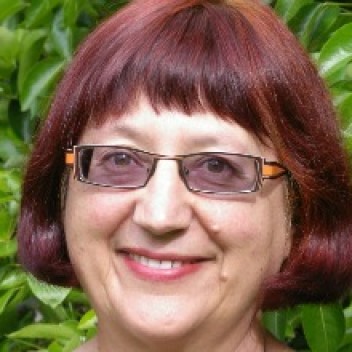Christine DannTelling New Zealand’s stories“While it may be fair to complain about the absence of the Musket Wars from the draft curriculum, for instance, the wars in America and Canada, the Highland Clearances and the Napoleonic Wars are equally absent, with all their brutality and their direct links with musket fighting and the New Zealand Wars”, wrote Distinguished Professor Dame Anne Salmond in the third of her series of articles on Aotearoa New Zealand histories for Newsroom in June 2021. She was commenting on the proposed New Zealand history curriculum for schools, which – as she and others well qualified to comment are pointing out – leaves out so much. She goes on to say “The failure to discuss Pasifika and Asian histories in Aotearoa is equally incomprehensible, let alone the histories of women.” As someone who wrote the first draft of the history of ‘second wave’ feminism in New Zealand (published in 1985 as Up from Under Women and Liberation in New Zealand 1970- 1985), I agree with Salmond on this point and on the other lamentable omissions. I also tautoko her view that “Just as fine cloaks are woven, and meeting-houses are carved and decorated by tohunga, so experts from the different wānanga, whether Māori, Pasifika, European or from other ancestral legacies, all with their own rigorous standards, should be crafting our nation’s stories, cross-checking each other for accu- racy and balance.” Further, I am painfully aware that at the very point in time in which a New Zealand history curriculum is being developed, the ‘tools’ that historians need to craft our nation’s many stories are being thrown into the dustbin of history! I refer to the hundreds of thousands of books (maybe as many as one million) which are currently being removed or marked for removal from the research and lending collections of the National Library of New Zealand, and from university libraries around the country. Book Guardians Aotearoa (BGA) was formed in 2020 to bring together the many strands of opposition to the National Library’s disposal of New Zealand’s culture and heritage i.e. its book collections. What this disposal will mean is not just another unwarranted destruction of a public asset without public consultation or approval (bad enough in itself) but worse – the erasure of the possibilities and likelihood of accurate histories ever being written about anything which relates to New Zealand, in the absence of books which tell our stories from their beginnings, and as they have changed over time and space. Without strands of flax or wool, cloaks cannot be woven; without books from times past which contain the stories and the analysis of those times, histories cannot be written. The wholesale and wanton disposal of the national taonga of books on all subjects published in the nineteenth and twentieth centuries which do not meet the Department of Internal Affairs ludicrously narrow definition of ‘relating to New Zealand’ is an act of cultural suicide, which will lead to an intellectually impoverished population. In a series of articles for BGA entitled ‘The Great Digital Derangement’ I am work- ing on documenting the compelling reasons why “libraries going digital” is not and will never be an alternative to collecting and protecting books and making books freely accessible to the public – all the public. Two of the greatest twentieth century writers were formed by the library books they read. Katherine Mansfield had privileged access to General Assembly Library books for free; Janet Frame, the daughter of a Railways worker, had to win a subscription to a library to be able to read its books. On behalf of all the girls from poor backgrounds who might be New Zealand’s next great twenty-first century writer I appeal to the powers that be, who do not seem to understand this, to open their minds and their hearts, and build on the existing nation- al collection of books so that the National Library can live up to its name in Maori – Te Puna Mātauranga o Aotearoa, the wellsprings of knowledge. tautoko: support, help (Thanks DKH for glossary) |

Christine Dann writes regularly on organic gardening and eating vegetarian. She is a founding member of Book Guardians Aotearoa (opposed to all mass deselections of National Library stacks) and has a Ph.D. in Environmental Policy from Lincoln University.